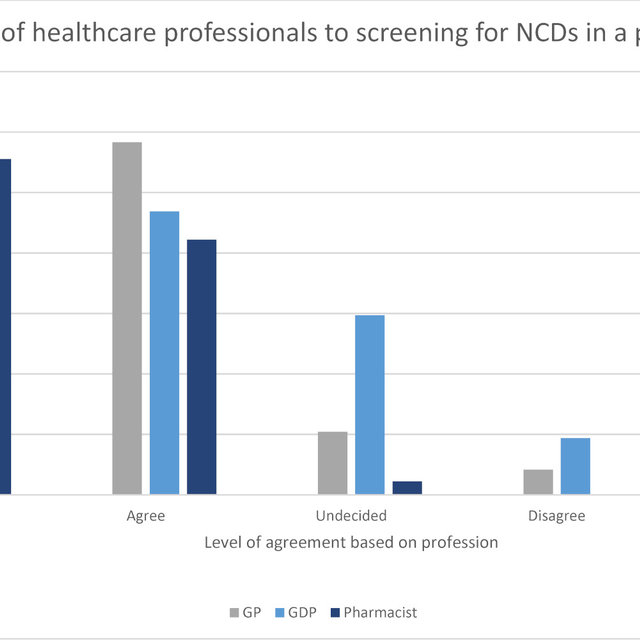Healthcare Professionals’ views on access to vaccines in Nigeria: a cross sectional study

- Vaccines are biological products that can provide acquired immunity to a disease by inducing an immune response.
- This group of pharmaceuticals represents an important public health intervention tool that has a significant impact on infectious disease reduction globally.
- Immunization with effective vaccines brings immense value to families and communities by way of reducing the spread of infectious illnesses. Over the years, public health strategies underpinned by vaccination, have contributed to the control of common child killer diseases such as measles, diphtheria, and diarrhea cases due to rotavirus.
- Whilst significant progress has been made towards controlling and eradicating vaccine-preventable diseases, substantial gaps still exist in terms of access to vaccines. Available data suggest that immunization coverage in the African region is decreasing.
- Also, it was reported that a quarter of children from middle-income countries in the African region did not receive their third dose of the DPT vaccine in 2016, and average immunization coverage dropped from 83% in 2015 to 77% in 2017.
According to World Health Organisation, it is expected that all communities have unhindered access to essential medicines and vaccines. However, this is not the case in Nigeria and other developing countries, where lack of Medicines Security is a major challenge to healthcare delivery. Improving local research capacity has been identified as one important strategy to improve access to vaccines. This approach can also help ensure the achievement of local production as well as reduce dependence on the importation of pharmaceutical products, especially those for which local firms have the capacity to produce.

Access to new and effective therapeutics has long been a challenge for Nigeria and other African countries. Manufacturing of pharmaceutical products by developed countries is frequently geared towards profitability, leaving African nations behind. Available evidence suggests Africa accounts for only 3% of global pharmaceutical production, and approximately 70 to 90% of pharmaceuticals consumed in the continent are imported. Following the COVID-19 pandemic, Nigeria started addressing Medicines Security challenges by providing loans to local pharmaceutical firms to support manufacturing. However, local production of vaccines remains a critical challenge in the country, thereby leaving the nation to rely on the importation of all vaccines consumed in this setting. Because healthcare professionals are important stakeholders when it comes to the utilization of vaccines and other therapeutics, it is of critical importance to assess their views on access to these health commodities. This study therefore aimed at assessing the views of healthcare professionals on challenges and strategies towards improving access to vaccines in Nigeria.
Story Source:
Materials provided by Vaccine: X. The original text of this story is licensed under a Creative Commons License. Note: Content may be edited for style and length.
Journal Reference: Science direct

0 Comments